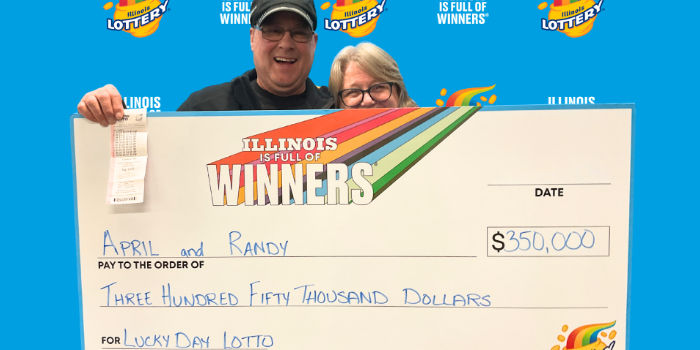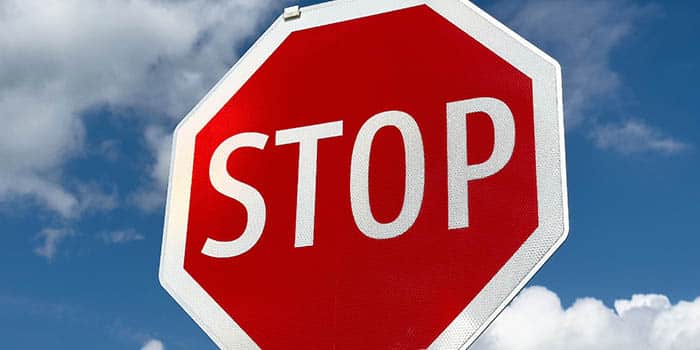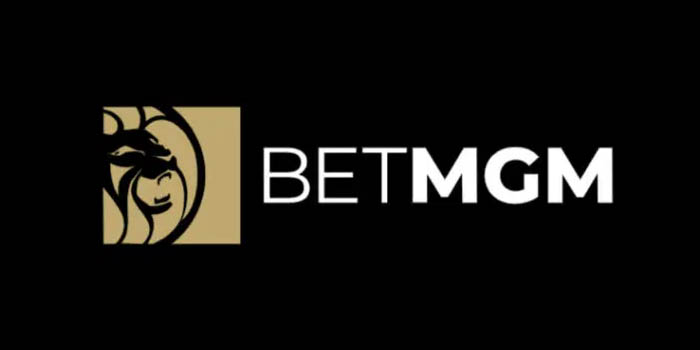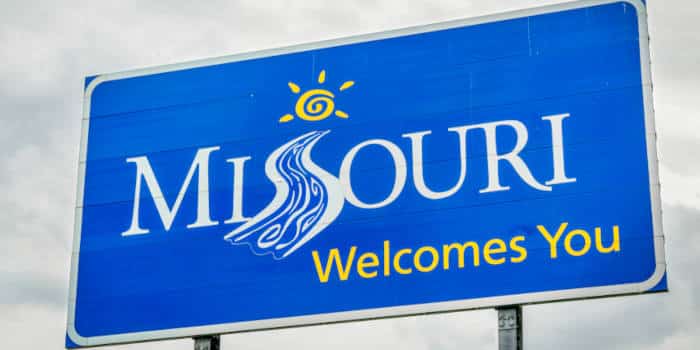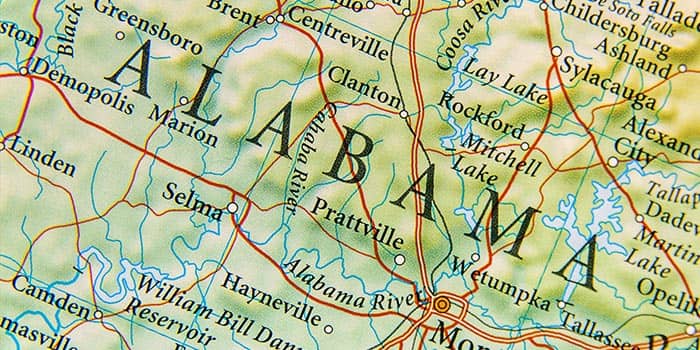Fact-checked by Angel Hristov
CFG Study Raises Concerns about US Offshore Gambling
The report also emphasized the structural weaknesses in the current regulatory approach, saying that unlicensed operators can provide greater value to consumers by offering bigger bonuses and fewer restrictions

The Campaign for Fairer Gambling (CFG) has published a new report made with the help of market intelligence platform Yield Sec. The report highlights a surge in consumer losses in states that legalize online gambling without adequately addressing the unlicensed market.
Campaign for Fairer Gambling Shares Concerning Findings
According to the report, consumer harm increases significantly in states where online gambling has been partially or fully legalized, particularly when there is little or no enforcement against unlicensed operators. CFG’s analysis categorizes US states into three regulatory groups: those with no legal online gambling (such as California and Texas), those permitting only online sports betting (like New York and Florida), and those allowing both online sports betting and online casino games (including Michigan and New Jersey). The report uses gross gaming revenue (GGR) per capita as a percentage of average income in 2024 to compare gambling losses across these categories.
Nationally, the combined GGR from licensed and unlicensed online gambling averages 0.62% of income per capita. In contrast, states without any form of legal online gambling report significantly lower losses, averaging just 0.31% of income. However, in states where only online sports betting is legal, GGR per capita increases to 0.77% of average income. This figure climbs even higher in states that have legalized both online sports betting and online casino gambling, reaching 1.12% of income per capita, approximately 3.6 times greater than in states without any legal online gambling.
74% of Online GGR in the US Flows to Unlicensed Operators
The report also emphasized the structural weaknesses in the current regulatory approach. Unlicensed gambling operators can provide greater value to consumers by offering bigger bonuses and fewer restrictions, as they bypass compliance expenses like taxes and licensing fees. The absence of robust monitoring and enforcement enables these operators to multiply unchecked, directly competing with licensed providers and undermining the integrity of the regulated gambling system.
According to the CFG, without strong measures to oversee and control unlicensed gambling, the legal industry struggles to compete effectively. As a result, the growth of legalized gambling tends to expand the overall market, including the unlicensed sector, instead of shifting players toward regulated platforms.
The CFG calls certain state-level regulatory strategies a systemic failure to fully regulate the entire online gambling landscape. For example, States like New York and Florida, which have legalized sports betting but not online casino gambling, are seeing steep rises in per capita gambling losses. In contrast, states such as Michigan and New Jersey, where both sports betting and online casino gambling are legal, experience the greatest relative impact on consumer income.
The report finds that the “zero-sum” theory, which suggests that licensed operators’ gains come at the expense of unlicensed ones, does not reflect reality. Rather, the unlicensed market grows alongside legal gambling options, increasing financial harm to consumers. According to CFG and Yield Sec, this situation calls for an urgent regulatory overhaul that prioritizes not just legalization but also vigorous enforcement against unlicensed gambling platforms.
Stefan Velikov is an accomplished iGaming writer and journalist specializing in esports, regulatory developments, and industry innovations. With over five years of extensive writing experience, he has contributed to various publications, continuously refining his craft and expertise in the field.




